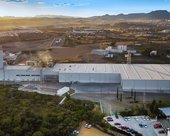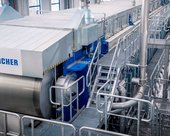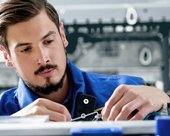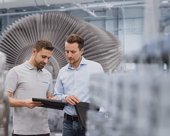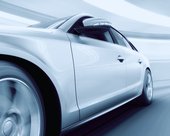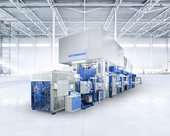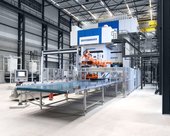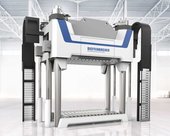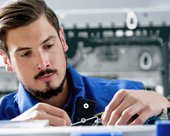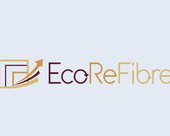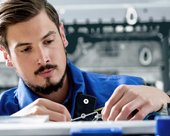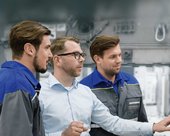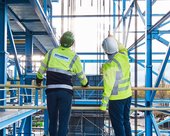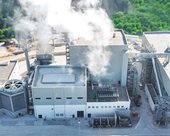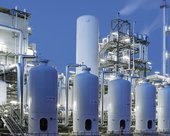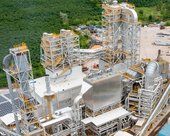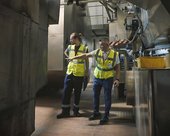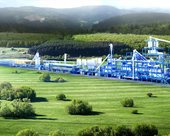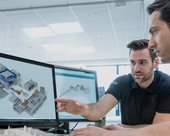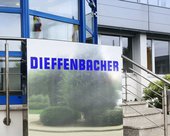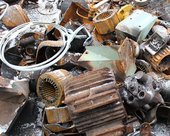The DIEFFENBACHER TailoredPress, the economical all-rounder for metal and composites forming, delivers DIEFFENBACHER expertise and experience for presses with press forces from 1,000 to 10,000 kN.
“In keeping with sustainable production, we paid particular attention to energy efficiency when developing the press series,” says Georg Obermaier, Head of the Forming Business Unit at DIEFFENBACHER. “That’s why DIEFFENBACHER presses use variable-speed pump drives, which ensure that plant operators save energy and operating costs.”
Typically, the energy for driving hydraulic presses is generated by a pump drive and made available for the forming process either directly or via an intermediate accumulator. Usually, electric motors with a constant speed are used, which continuously supply the oil even when pumps with a variable flow rate are used.
However, the press does not require maximum power full-time, explains Obermaier. “On the contrary, during pauses while loading and unloading and setup and maintenance, and even in many phases of the normal press cycle, the hydraulic drive system is often only in partial load operation or in ‘unpressurized circulation’. In other words, the drive pumps the hydraulic oil without actually using it. In addition, the entire system operates in an inefficient load range. Both operations consume an above-average amount of unnecessary energy.”
With the help of variable-speed pump drives, this unnecessary energy consumption can be minimized, as they are operated at dynamically adjustable speeds. The control is fully automatic. The operator sets forces, paths and parameters as usual, and the required speed is automatically calculated and set. In this way, the pump always operates in an optimal range and works efficiently. At a standstill, the press consumes virtually no energy.
“This power-on-demand concept can save up to 70% energy in metal forming applications with short cycle times,” says Obermaier, “and there are also significant savings in composites forming with comparatively long cycle times.” An additional benefit for operators: instead of the constant high noise level caused by a pump drive constantly running at maximum speed, the changing frequency of variable-speed pump drives is easier on the human ear.
For Obermaier, the advantages of the TailoredPress series are obvious: “With the highly attractive price-to-performance ratio, modern machine technology, low operating costs, reduced consumption of valuable resources and a better working environment thanks to lower noise emissions, we create real competitive advantages for our customers.”


